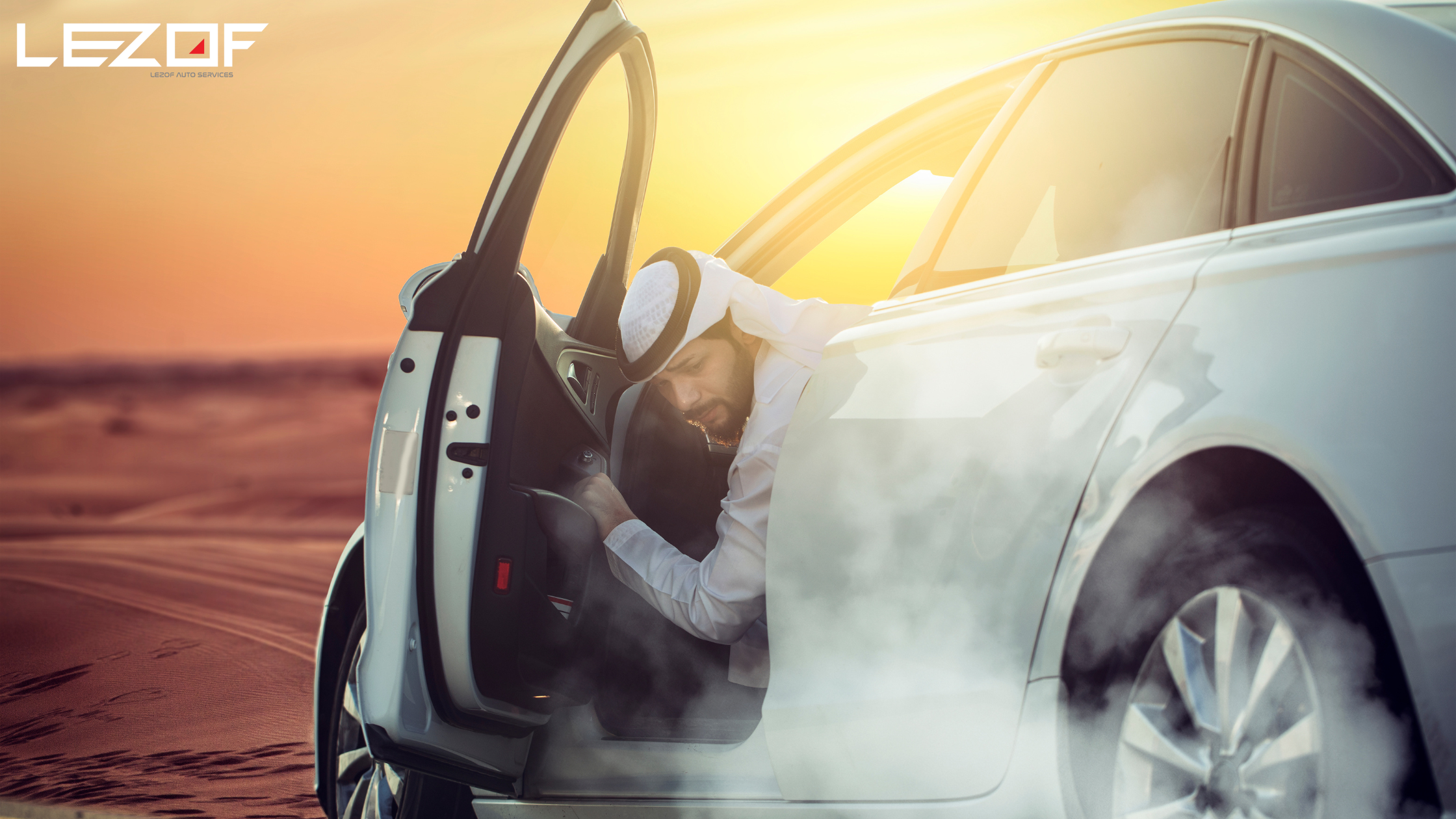In the UAE, where the climate can be extreme and road conditions challenging, taking care of your tyres is absolutely essential. If you’re driving in Dubai, Abu Dhabi, or anywhere else in the Emirates, you’re likely facing scorching temperatures that can reach between 45 and 50 degrees Celsius, along with dusty roads.
Research indicates that around 5% of annual road fatalities in the UAE are linked to tyre failures. In fact, recent statistics show that in 2024, over 37,900 drivers were penalized (with fines of Dh500, 4 black points, and a 7-day vehicle impoundment) for having unsafe or worn tyres.
Tragically, 20 drivers lost their lives last year due to accidents caused by tyre blowouts. Authorities have issued warnings that these blowouts, often triggered by the heat, are a major factor in serious accidents. For instance, Dubai Police have noted that many summer accidents occur because drivers fail to check their vehicles regularly—tyre bursts are a significant contributor to these incidents.
When it comes to tyre safety in the UAE, the rules are pretty strict. According to the Federal Traffic Law (Art. 82), if your tyres aren’t up to standard, you could face a Dh500 fine along with additional penalties.
The Emirates Standardisation and Metrology Authority (ESMA) requires that every tyre has a Certificate of Conformity and meets the Gulf climate standards. New tyres need to handle temperatures soaring up to 50°C—way hotter than what most people experience—and they shouldn’t be older than about five years because of how heat can wear them down.
It’s also crucial to note that selling or importing retreaded or used car tyres is a no-go, except for approved bus and truck retreads. For cars, the legal minimum tread depth is 1.6 mm; any tyre that falls below this or shows signs of cuts, bulges, or excessive wear is considered illegal and unsafe.
As for enforcement, UAE police conduct seasonal safety checks. For example, in mid-2024, they recorded over 18,000 tyre-related violations across the country. Each emirate has traffic patrols that run awareness campaigns—like the collaboration between Abu Dhabi Police and Michelin, which inspected tyres at local festivals. In Dubai, inspections by the RTA have led to a 20% decrease in tyre-related accidents.
Experts are urging drivers to check their tyres before hitting the road. Lt. Col. Bin Hindi from Ajman Traffic pointed out that tyres often struggle with the extreme heat, so it’s essential to check tyre pressure, the manufacture date, and overall condition. Sharjah
Police have identified common reasons for blowouts, including overloading vehicles, incorrect inflation, exceeding the tyre’s speed rating, hot road surfaces, and previous misuse. The consensus among experts is clear: always opt for high-quality, approved tyres and steer clear of cheap, counterfeit, or second-hand options, especially during the summer months.
Key Tips for UAE Drivers
Taking care of your tyres is crucial for avoiding accidents and saving money. Here are some expert tips specifically for driving in the UAE:
Check Tyre Pressure Regularly
The heat can cause air in your tyres to expand or contract quickly, so it’s important to check your tyre pressure often. Make it a habit to check all your tyres (including the spare) at least every 2 to 4 weeks when they’re cold, using a reliable gauge. You can find the correct PSI on the vehicle door sticker or in the manual. Remember, under-inflated tyres can overheat and wear out faster, while over-inflated tyres increase the risk of blowouts, especially on hot asphalt.
Inspect Tread and Condition
Ensure your tyre tread is above the legal minimum of 1.6 mm. Keep an eye out for any uneven wear, cracks, cuts, or bulges. It’s a good idea to rotate your tyres every 10,000 to 15,000 km (or as recommended in your manual) to promote even wear. If any tyre is worn, damaged, or over 5 years old, it’s time to replace it, even if it looks fine – heat can harden rubber over time.
Avoid Overloading
Stick to your car’s load capacity. Carrying too much weight can overheat your tyres and lead to sudden failures. Make sure to distribute your cargo evenly and remove any unnecessary items from the roof. Always check that your tyre load indexes match your vehicle’s specifications.
Use Quality Tyres
Choose tyres that are GSO/ESMA-approved from trusted brands like Michelin, Bridgestone, or Continental, which are designed to withstand desert heat. Avoid cheap or counterfeit tyres, as they often lack the necessary heat resistance. Even “ultra-low-cost” tyres can compromise grip and durability, which is a serious risk during the summer months.
Shield from the Sun
Whenever you can, park in the shade or a covered area to protect your tyres from the harsh sun. Direct sunlight can lead to premature cracking and hardening. If shade isn’t an option, consider using sunshades or car covers to help reduce heat build-up on your tyres.
Drive Safely
Sudden stops, quick accelerations, or speeding can lead to uneven heating in your tires. Make sure to stick to speed limits and remember that each tire has a maximum speed rating. Be cautious when driving over bumps or potholes, especially at high speeds. In wet or flooded conditions, this becomes even more crucial.
Regular Professional Inspections
It’s a good idea to schedule a garage visit every month, particularly before embarking on long trips. Skilled technicians can identify alignment problems or internal damage that you might not notice. They’ll check the pressure, balance, alignment, and wear of your tires. Don’t overlook your annual inspection – while tires are checked during vehicle registration renewals, more frequent checks are recommended given the conditions in the UAE.
Stay Safe on UAE Roads
To sum it up, keeping a close eye on your tire maintenance is essential for drivers in the UAE. The extreme desert climate leads to a rise in tire-related accidents during the summer, so regular checks can truly make a difference. By adhering to regulations (like ESMA tire standards and Federal Law penalties) and following expert advice from the RTA, Dubai Police, AD Police, and tire specialists, private drivers can steer clear of fines and, more importantly, accidents.
These best practices are just as important across the Gulf region, where the climate is similar. With well-maintained tires, you’ll be setting yourself up for safer journeys every time you hit the road.


